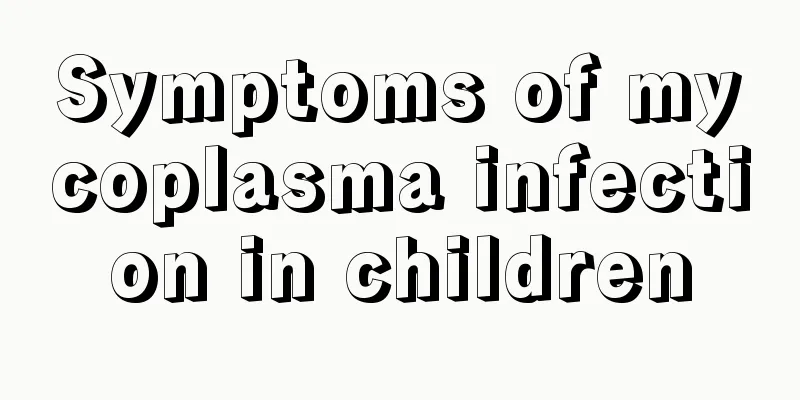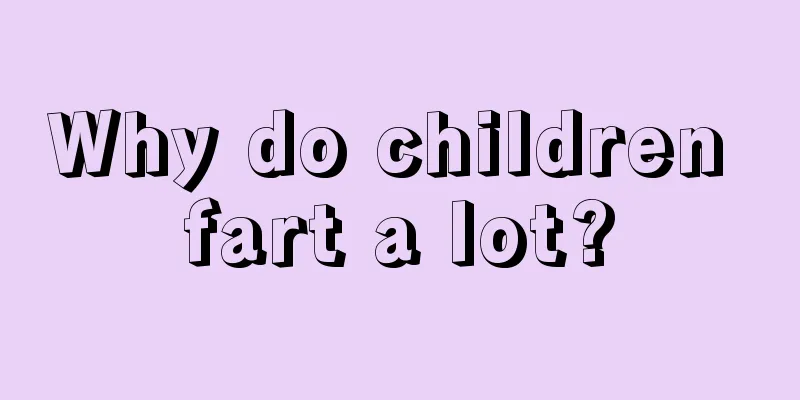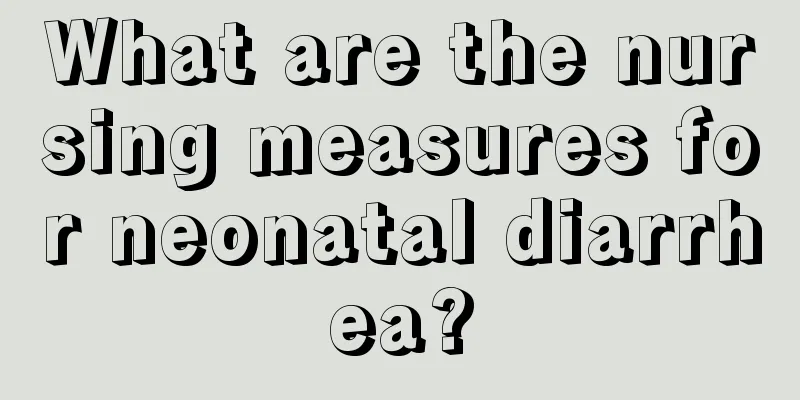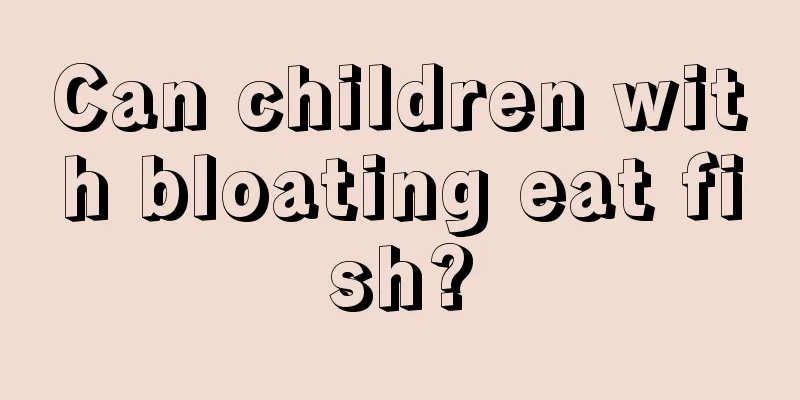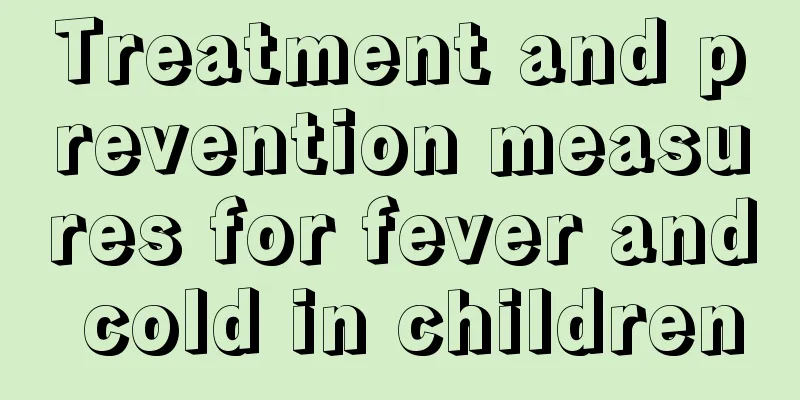Seven truths about baby fever
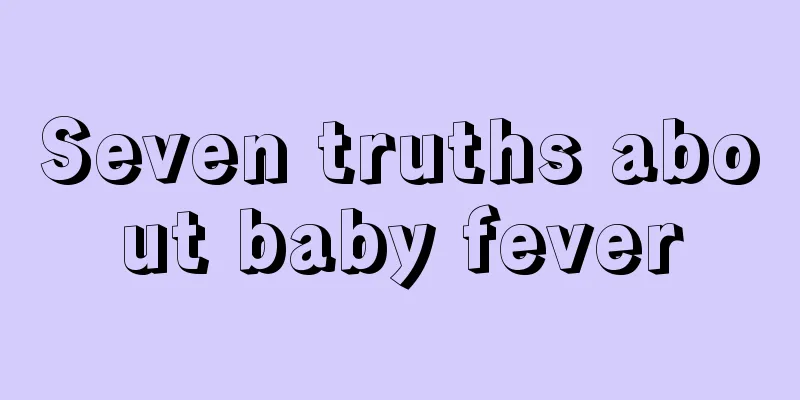
|
1. Fever starts at 38 degrees Celsius When the baby woke up, his cheeks were red and his skin was hot. I took his temperature and it was 37.7 degrees Celsius. Should I give him medicine or take him to see a doctor? Neither. Strictly speaking, the baby doesn't even have a fever yet. Most doctors, as well as the American Academy of Pediatrics, agree that a normal body temperature for a healthy baby is between 36 and 37.9 degrees Celsius. Even for the youngest babies, a core temperature below 38 degrees Celsius is just a variation of the normal body temperature of 37 degrees Celsius. So, unless the thermometer reads above 38 degrees, you can assume that your little one does not have a fever. 2. There is a difference between bacterial fever and viral fever Viral fevers occur when our body fights an illness caused by a virus (such as a bowel disease, flu, or cold) and usually subside within 3 days. Since antibiotics have no effect on viruses, they should not be taken. Bacterial fever occurs when the body fights off an infection caused by bacteria, including otitis media (viral or bacterial), urinary tract infections, bacterial pneumonia, etc. Bacterial infections, while less common than viral infections, are more serious because they can cause more severe illness. Bacterial infections usually require antibiotics. If your baby has a fever for more than 3 days, you should take him to the hospital. 3. Babies under 3 months old need to go to the hospital immediately if they have a fever If a baby under 3 months old has a temperature above 38 degrees, he or she needs to see an emergency doctor. However, do not give him antipyretics on your own before going to the hospital, because antipyretics may mask the baby's other symptoms, so the doctor cannot make a correct diagnosis. Why does a baby this old need to go to the emergency room for a fever? This is because, unlike older children, the baby's body does not show signs of serious infection. Although it may sound scary, it is possible for a baby to develop a true blood infection without showing any typical symptoms. A baby with a fever may need blood and urine tests to determine if the baby has a bacterial infection. Doctors may also need to do a spinal tap to check for meningitis. 4. Rectal temperature is the most accurate You may not want to take your baby's temperature this way. However, if you decide to do this, be sure to use a rectal thermometer, which is the best way to get an accurate temperature reading on your baby. Only a rectal thermometer can tell your baby's true core temperature; armpit, forehead, and ear thermometers are not as accurate. Because some non-rectal thermometers can give readings that are too high, using one can cause unnecessary stress and possibly a wasted trip to the hospital. 5. Focus on your baby’s symptoms, not the fever Many parents believe that the higher the baby's fever, the more serious the illness, but this is not actually the case. A baby with a fever of 101.4°F (39.8°C) may seem comfortable and playful, whereas a baby with a fever of 102.4°F (38.8°C) may be crying, fussy, very tired, and need to be held all the time. What's going on? If a baby with a fever doesn't seem to be feeling unwell, does that mean he doesn't need to have his fever reduced? Yes. So, don't be too anxious about the changes in the thermometer, and pay attention to your baby's other symptoms, such as whether he is very tired or listless, which can help you judge his condition. 6. Use medication with caution Before giving your baby any medication, try to reduce the fever by scrubbing. This is an old trick, but it works amazingly well. Use warm water at about 30 degrees Celsius to wash your baby, paying special attention to his forehead and armpits. If your baby still seems very uncomfortable and scrubbing doesn't help, it's time to give him fever-reducing medicine. However, you also need to be aware of the following points: * If your baby is younger than 6 months old, your doctor may recommend acetaminophen. After 6 months, you can also choose ibuprofen to reduce fever. * The dosage of antipyretic medicine for babies is based on weight, not age. You can refer to the medicine package insert or our acetaminophen dosing chart and ibuprofen dosing chart. * Aspirin should never be given to children because it may cause Reye's syndrome, a rare but sometimes fatal disease. 7. Fever is a healthy response of the body Despite what you may have heard, a fever doesn't actually harm your baby's brain. Even the febrile seizures that some children experience when they have a fever have never been shown to cause harm to the children. It should be noted that febrile convulsions cannot be prevented by antipyretics. Also, don't worry, your baby's fever won't rise indefinitely. Under normal circumstances, after the body temperature reaches 41 degrees Celsius, the baby's body will automatically begin to cool down. An increase in body temperature indicates that our body is fighting against foreign invading elements, which is actually a sign of health. While it may not be a happy thing, it does show that your baby's immune system is functioning normally. |
>>: Introduction to viral pneumonia in children
Recommend
Functions and indications of children's cough and phlegm oral liquid
I believe everyone is familiar with the Children&...
What should children pay attention to when eating bird's nest
I bought some bird's nests home before. I ori...
Why do children’s teeth turn black?
Friends who smoke frequently will have yellow tee...
What causes headaches in teenagers?
We all know that the intellectual development of ...
What should I do if my infant or young child has a bacterial infection?
Since infants and young children have just been b...
What should I do if my child has poor digestion and absorption?
Many children usually have some indigestion probl...
Standard height and weight range for two and a half year old boys
No matter what age the baby is, only when his hei...
Does your child have red spots on his body?
The baby's skin is relatively tender and frag...
What causes children's thick stools?
In daily life, many parents will find that their ...
How often should newborn bottles be sterilized?
We all know that most newborns drink milk powder ...
What causes children's attention deficit?
If a child has attention distraction, it will eas...
Baby food for seven months
I believe that most of you are not familiar with ...
What are the allergy medicines for children?
Allergy is a common clinical problem. Many reason...
Laparoscopic hernia surgery steps in children
There are many cases of hernia in children around...
What are the symptoms of small blisters on the baby's face
Some babies have small blisters on their faces. A...

